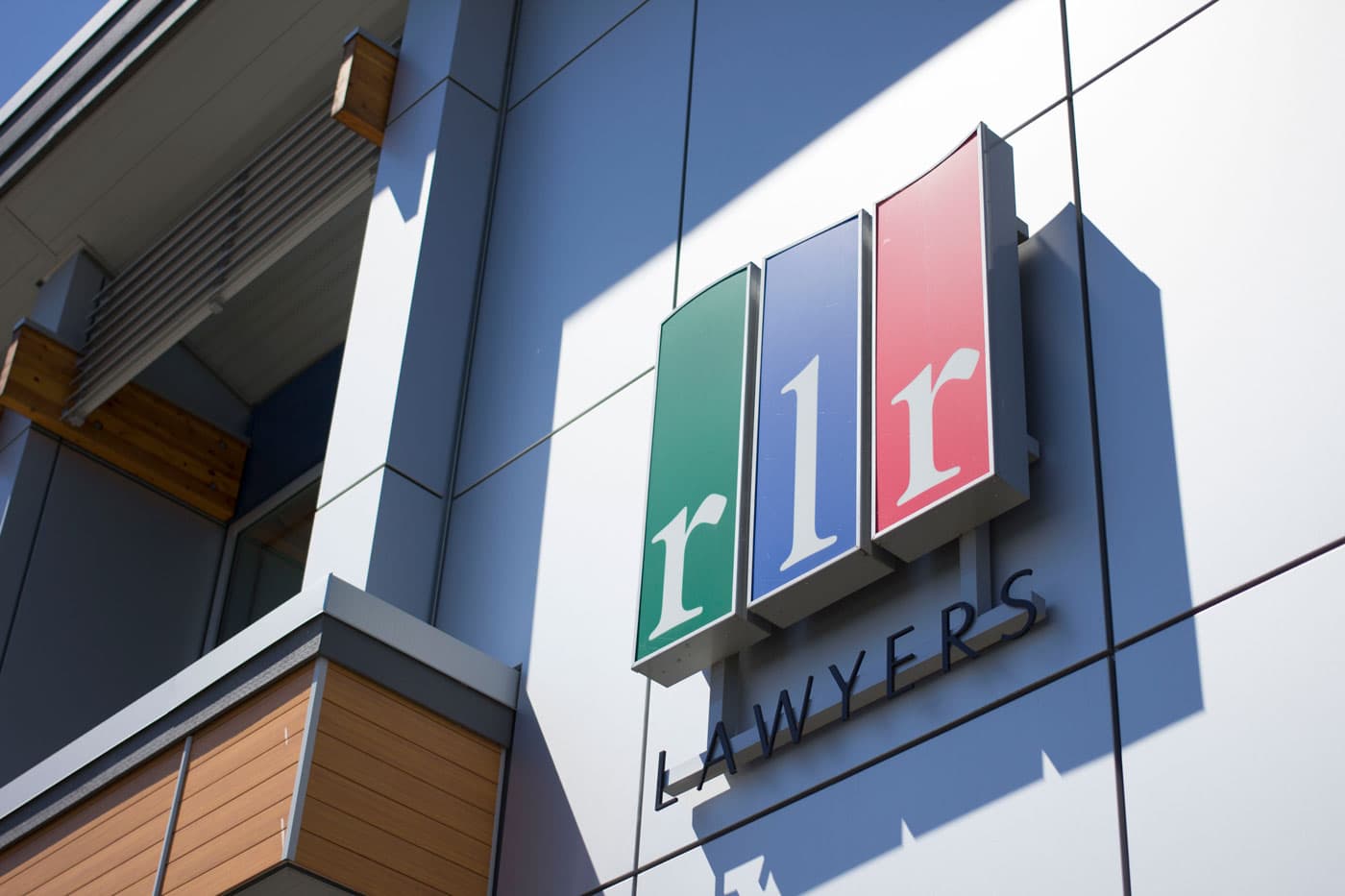New Trust Reporting Requirements – Bare Trusts are Caught
February 28, 2024
Almost all trusts must now file a T3 Trust Income Tax Return, regardless of activity or income. The filing deadline is April 2, 2024, and a failure to file may result in penalties and unfavourable tax implications.
Notably, “bare trusts” are caught by the new rules.
Bare Trusts
In fairly simple terms, a bare trust is a way to hold a property where one person (the trustee) is recorded as the legal owner of the property but another person (the beneficiary) has complete control over the trustee’s actions in respect of the property and enjoys the benefits (and risks) of owning the property. The legal owner’s rights and responsibilities in respect of the property are limited to merely holding the legal title to the property.
Bare trusts are not limited to formal trust arrangements or arrangements documented in writing. In fact, many Canadian taxpayers may act as bare trustees for their family members, corporations, or business partners and not even be aware of it. This is what makes the inclusion of these trusts in the new rules of particular concern.
Common Examples of Bare Trusts
It is therefore worth considering some common scenarios where bare trusts arise:
- a child is on title of a parent’s home for probate, convenience, or estate planning purposes only;
- a child is on parent’s bank/investment accounts (or other assets) to assist the parent, or for ease after the parent’s passing;
- a parent is on title of a child’s home to assist the child in obtaining a mortgage, even if registered for just 1%;
- a parent or grandparent holds a bank account in trust for a child or grandchild;
- only one spouse is on title to a house or asset;
- a corporate bank account opened and held by individual shareholders;
- a corporation is the registered owner of an individual’s real estate, vehicle, or other asset, and vice-versa;
- assets are registered to one corporation but beneficially owned by a related corporation;
- using a corporation to purchase land for real estate development purposes to conceal the identity of the true owner;
- a partner of a partnership is solely listed on a bank account or asset for all partners of a partnership.
Information to be Reported
Trusts arrangements that fall under the new rules must file a trust return and report additional information in respect of all “reportable entities”. This involves disclosing certain information (e.g. name, address, SIN) on all trustees, beneficiaries, settlors, and any other person who has the ability to exert control over the trustee.
Rationale
The new rules are intended to help the Federal government address tax evasion, money laundering, and other financial crimes and assist it in meeting its obligations internationally to help prevent financial crimes.
Enforcement
The CRA intends to enforce the new rules through audits and penalties.
If the CRA audits you, they will likely follow the flow of funds.
The penalty is $25 for each day the return is late, with a minimum penalty of $100 and a maximum of $2,500. The penalty applies for each return that must be filed.
The new rules also impose a significant additional gross negligence penalty where a failure to file the return was made knowingly or due to gross negligence. The additional penalty is five per cent of the maximum value of property held by the trust during the relevant year, with a minimum penalty of $2,500. This penalty would also apply to false statements and omissions amounting to gross negligence as well as a failure to respond to a CRA demand to file.
What should you do?
If you have an accountant who regularly files your tax return, we suggest that you inquire with them as to whether you have any additional filings may be required in light of these new rules.
If you would like to discuss restructuring or creating a plan to reduce your future trust reporting requirement, or other reporting, taxation, or estate-based implications, please contact your lawyer at Ramsay Lampman Rhodes.
Further Information
For further information, the Canada Revenue Agency has published FAQ’s you might find here: New trust reporting requirements for T3 returns filed for tax years ending after December 30, 2023.
NOTES:
Nothing in this article constitutes legal advice and no solicitor-client relationship is created. If you require legal advice pertaining to your specific situation, please contact our lawyers. Please note that this post is only as current at the time of publishing as the relevant rules, and guidance on their interpretation, are subject to change.
